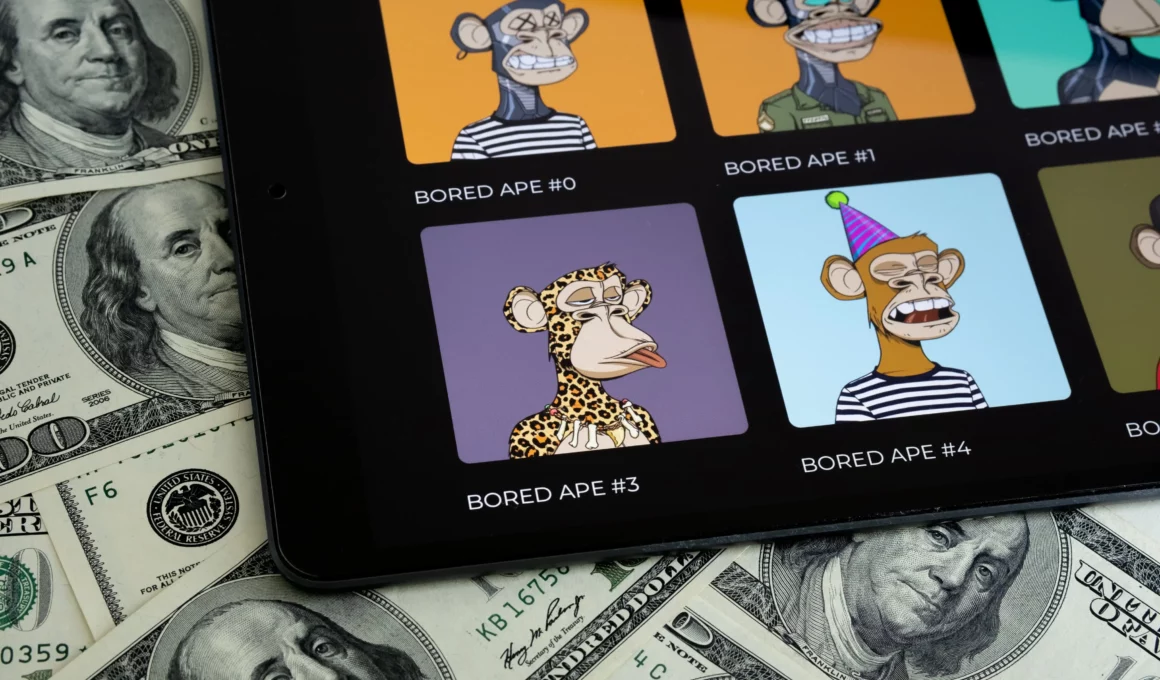As the world of Non-Fungible Tokens (NFTs) continues to expand, questions about the rights attached to these digital assets are becoming more prevalent. NFTs have disrupted the art, gaming, and collectibles industries, and with their increasing popularity, it’s essential to understand the legal implications and protections associated with owning these unique tokens.
NFT Ownership and Copyright
Purchasing an NFT grants the buyer ownership of the digital asset, but not necessarily the copyright. In most cases, the creator of the digital work retains the copyright, allowing them to reproduce, sell, and license the work even after the NFT is sold. The buyer, on the other hand, receives a limited set of rights, often only including the ability to display, resell, or transfer the NFT to another person.
This distinction is crucial, as it prevents NFT owners from reproducing or commercializing the digital work without the creator’s permission. As a result, NFT owners must be aware of the specific rights they have acquired and avoid infringing on the creator’s intellectual property.
Smart Contracts and Licensing Agreements
To establish the rights and limitations associated with an NFT, creators often use smart contracts or licensing agreements. Smart contracts are self-executing agreements coded on the blockchain that outline the terms and conditions of the NFT transaction. These contracts can define the buyer’s rights, the creator’s royalties, and any other relevant terms.
Licensing agreements, on the other hand, are legally binding documents that clarify the rights granted to the NFT buyer. These agreements may be incorporated into the NFT’s metadata or provided separately, and they often include limitations on usage, reproduction, and modification of the digital work.
Secondary Sales and Royalties
Another aspect of NFT rights revolves around secondary sales and royalties. Creators can program smart contracts to include royalties, ensuring that they receive a percentage of the sales whenever their NFT is resold on secondary markets. This feature has been widely praised for providing artists with an ongoing income stream and incentivizing the creation of new digital works.
However, royalty enforcement can be challenging, especially when NFTs are traded across multiple platforms. To address this issue, some platforms are working on cross-chain solutions and collaborations to ensure that creators receive their royalties, regardless of where the NFT is sold.
The Future of NFT Rights
As NFTs continue to gain traction, there will undoubtedly be more discussions and legal developments surrounding the rights associated with these digital assets. Lawmakers, creators, and NFT enthusiasts must work together to establish clear guidelines and protections for both buyers and sellers.
In conclusion, understanding the rights that come with owning an NFT is essential for navigating the complex world of digital assets. While NFTs have opened up new opportunities for creators and collectors alike, it’s crucial to recognize the limitations and legal implications that come with these unique tokens. As the market evolves, staying informed and adapting to new developments will be key to ensuring a vibrant and sustainable NFT ecosystem.




